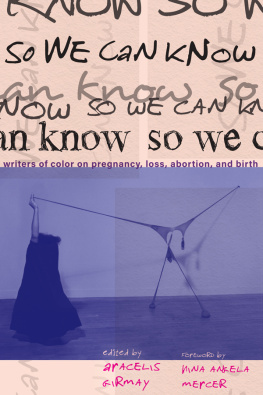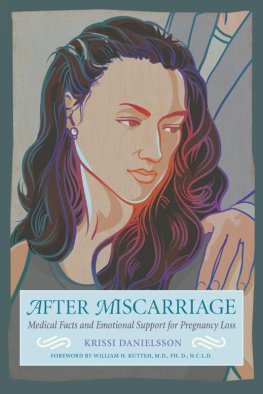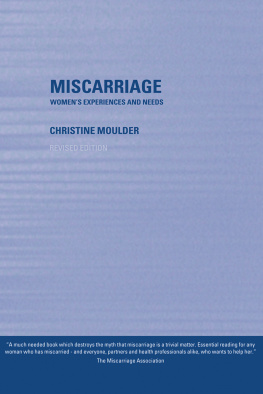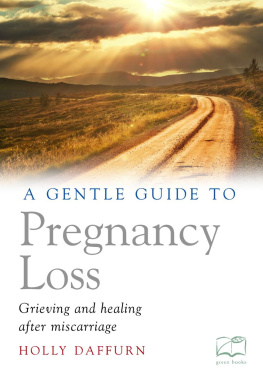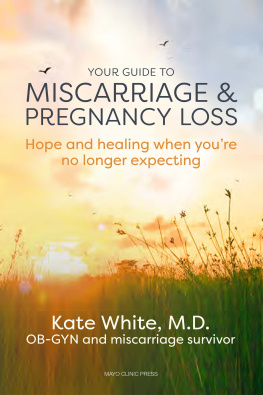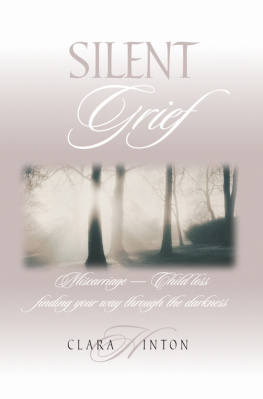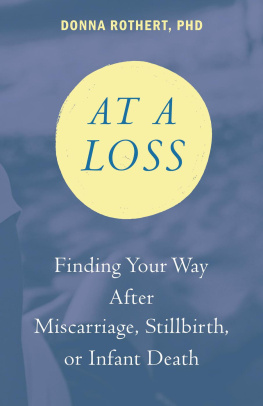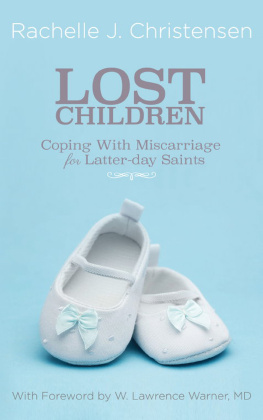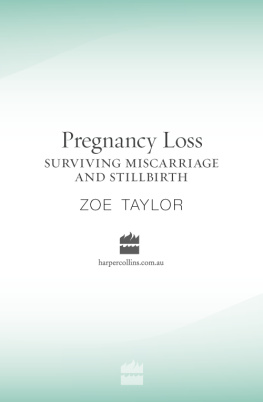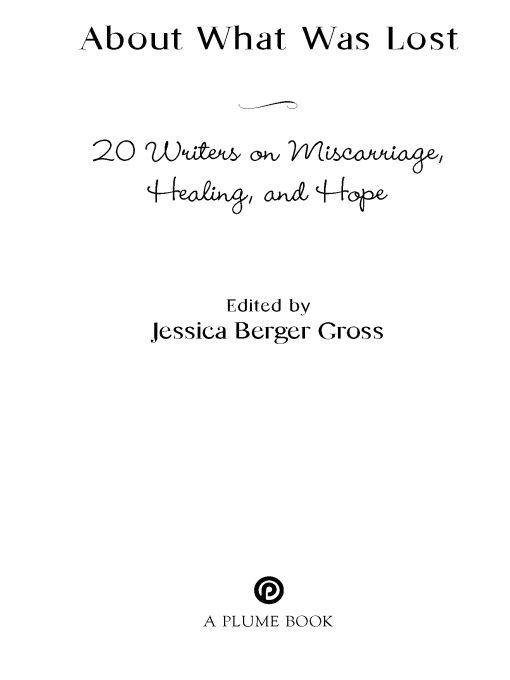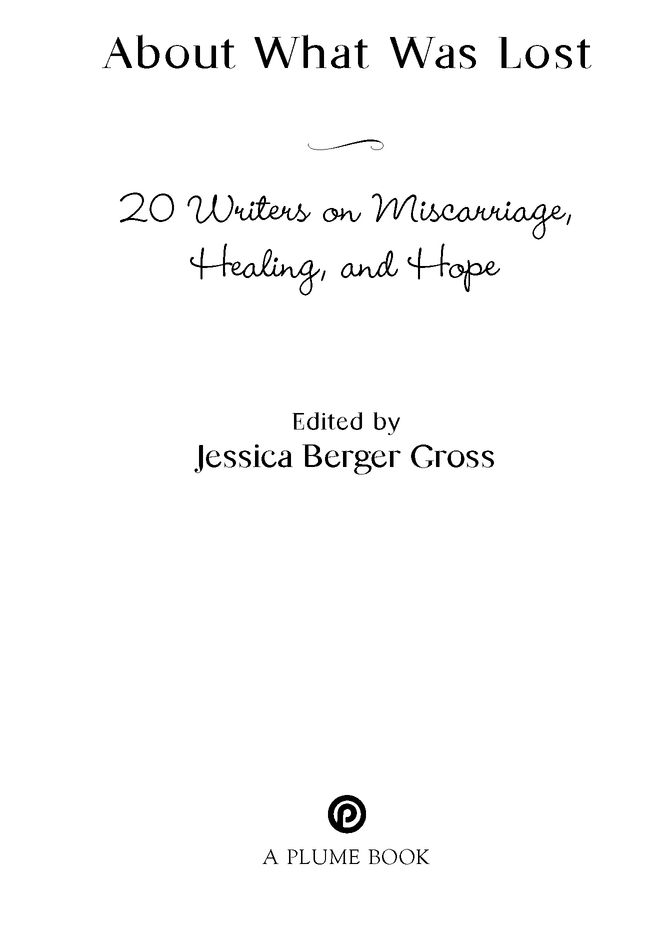Table of Contents
A PLUME BOOK
ABOUT WHAT WAS LOST
JESSICA BERGER GROSS graduated from Vassar College and received an MA in public affairs from the University of Wisconsin-Madison. She writes a column about international adoption for the Literary Mama online magazine, and teaches creative nonfiction at the Harvard Extension School. A longtime yoga student, her essays and articles have appeared in Yoga International and Yoga Journal, and on Salon.com and in other publications. She and her husband, Neil Gross, live in Cambridge, Massachusetts.
For Neil
Acknowledgments
This anthology wouldnt exist without my agent, Doug Stewart, at Sterling Lord Literistic, who believed in it (and me); Danielle Friedman at Plume, who edited the manuscript with care and grace; and my contributors, who so generously shared their stories and friendship. A special thank-you to my husband, Neil Gross, for his limitless love and support.
Introduction :
Behind the Bathroom Door
One Mothers Day, when I was a little girl living in Long Island, I went with my parents and two older brothers to visit my aunt Enid in her one-bedroom apartment in Queens. She was newly pregnant, not yet showing. Earlier that day, my uncle Peter, Enids husband, had given her a Mothers Day card, which she shyly displayed on the coffee table. We snacked on peanuts and chocolate layer cake and watched a tennis match on television. All the adults in the room seemed relieved and I knew why. For as long as I could remember, Id overheard my mother and her friends speaking in hushed tones about Enids struggle to have a baby.
And then Enid disappeared into the bathroom and stayed for what seemed like much too long. Peter went to investigate. We heard Enid crying from down the hall. My parents quickly ushered us out, and without discussion we drove back home. I dont remember the word miscarriage having been spoken but it was obvious that something had gone wrong with the pregnancy, and that Enids loss would be added to the long list of things we dont talk about. Poor Enid, I thought, and in the next moment I wished that whatever had happened to her in the bathroom would never happen to me.
Years later, at age thirty-one, it was me. Id moved to Los Angeles with my husband, Neil, the year before, and wed come across the name of an obstetrician in an article about prenatal yoga and natural childbirth. Wed done a little research and discovered he was one of the best in the city. I hadnt worried about the appointment, my first of the pregnancy, until the night before. I was young, healthy, and very morning-sick, which was supposed to be a good sign. For some reason, though, I couldnt sleep. Neil rolled over and reassured me that everything would be okay.
But the next morning, the news was bad. Staring up at an ultrasound screen in the doctors office in Beverly Hills, I saw that there was no heartbeat, no fetus at all inside the embryonic sac. My pregnancy, at just eight and a half weeks, was over.
The next few weeks were a blur. I crawled into bed, turned on the television, and sobbed for days on end. I had dreamed about having a baby all my life, and in the last month had begun to fill in the details: the short list of literary French names Id choose from, the infant massage classes wed attend at my local yoga center, the chic Santa Monica baby store where wed shopand, eventually, the university town to which the three of us would move in search of a simpler life. At that time, unsure of myself in my new career as a writer, I had hung all my hopes on motherhood. The baby and I would spend our days together, making art, hanging out in the park, visiting my professor husband on campus during lunchtime, and developing the sort of intense bond I never had with my own mother.
The loss of the pregnancy shattered me. I missed my baby, all the more because we would never meet. I couldnt imagine ever dreaming such sweet dreams again. My pain was so deep, so bottomless, that at times I didnt want to go on.
I was too sad to talk to anyone, but Neil sent e-mails to our close friends about what had happened. Sympathy cards and e-mails and phone calls poured in. Most people didnt know what to say other than that they were sorry. A few told me about their own losses. My landlords ex-wife had had two miscarriages before their son was born, and Neils aunt had lost a pregnancy years ago, as well. Two of my childhood friends, recent mothers, had also lost first pregnancies. Neither had talked with me much about her grief at the time, but as I regained my ability to connect with the world, they began to open up.
It was a hard subject to discuss. Somewhere along the way wed all picked up the idea that this wasnt something we should be so upset about. Our doctors had told us the same thing, that miscarriage was natures way of ending a doomed pregnancy gracefully. The fact that wed gotten pregnant in the first place meant that we could again. The best way to get over miscarriage, they advised, was to start trying to have another baby. But while both of my friends had gone on to have children, neither had finished grieving her miscarriage. Although Neil and I would start trying again a month later, my grief, too, remained, becoming a part of me. How long would the sadness last? Were we making too much of this?
In search of answers, I went back to the same stack of pregnancy books I had so eagerly consulted months before for relentlessly cheery advice on everything from a balanced prenatal diet to maternity underwear. But such books concentrate exclusively on healthy pregnancies; not wanting to scare readers, they offer little information on what might go wrong, or advice about how to handle the emotional fallout if it does.
In fact, the one piece of advice pertaining to miscarriage that these books do offer is that newly pregnant women should wait until the end of the tenuous first trimester to announce their pregnancy so that they will be spared the possible embarrassment and discomfort of sharing the sad news of a miscarriage. People, Ive noticed, have taken this advice to heart, even developing superstitions around it. A close friend of mine, with my best interest at heart, was surprised when I revealed the news of my pregnancy in my fifth week. Are you sure you should be telling me this now? she asked. Dont tempt fate, the tone of her voice warned.
But heres the problem with keeping pregnancy a secret: If friends and relatives and coworkers and neighbors dont know about your pregnancy, how will they provide support if the worst does happen? And, besides, women who make it to their second trimester arent protected from miscarriage occurring later on, or from the tragic loss of a baby during labor or soon afterward.
The more I thought about it, the more I realized that the notion of keeping ones pregnancy a secret for the first three months is just one aspect of a wider veil of secrecy surrounding miscarriage and pregnancy loss. I thought I was fairly knowledgeable about womens bodiesId taken my share of womens studies courses in collegebut was shocked to discover that 20 to 25 percent of all pregnancies end in miscarriage. Why, then, doesnt anyone talk about it? Is it because we believe, somewhere deep down, that the inability to carry a baby to term reflects a moral failing on the part of the mother, as if she were somehow undeserving of motherhood? Was I less than fully feminine because Id lost my baby? Was I in some way defective? These were the questions I kept asking myself in the days and weeks following my miscarriage, even though I knew such thoughts made no sense. In other moments, I wondered whether the lack of conversation about miscarriage might be a necessary by-product of the heated debate on abortion, with feminists like myself unwilling to publicly mourn the loss of a fetus for fear of giving legitimacy to pro-life views, and pro-lifers incapable of seeing miscarriage as anything other than Gods plan? Or is it, more simply, part of a larger Western cultural pattern of avoiding any head-on confrontation with death and its emotional aftermath?



